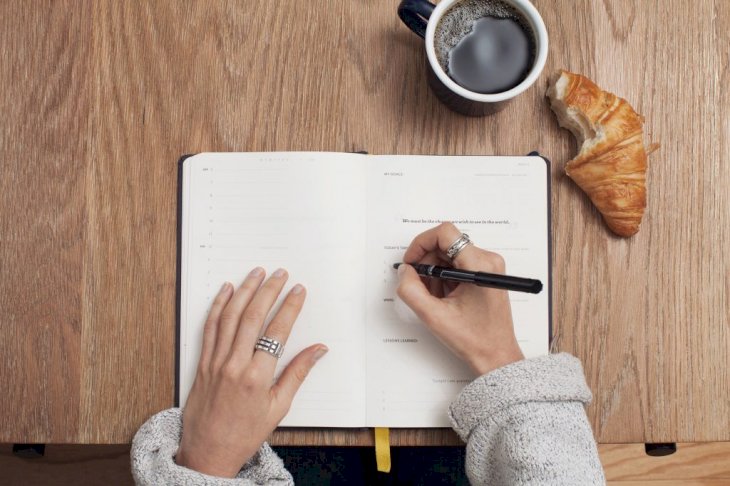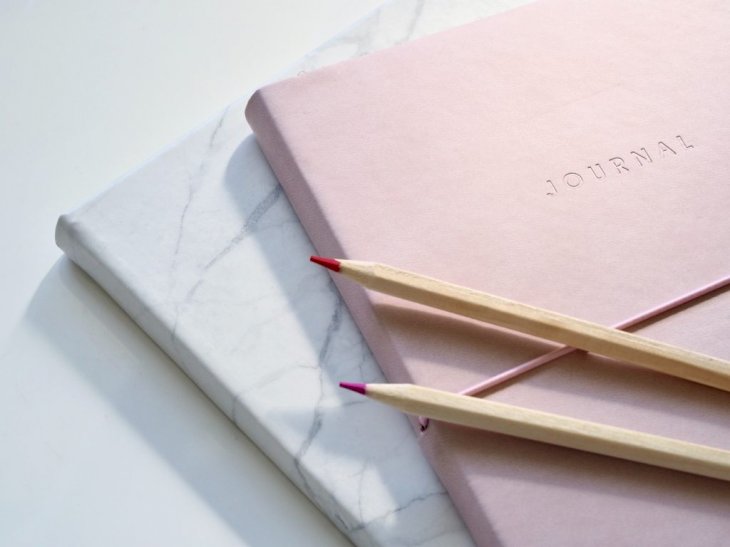
A Guide On How To Check In On Yourself
When was the last time you took the time to explore how you truly are feeling and doing? This task can take only five minutes of your day, but most people don’t even know how and where to start.
You likely check in on loved ones more often than you check in on yourself. Unfortunately, this means that we are more likely to sit with stress, anxiety, and other negative feelings longer than we should.
Checking in on yourself is a simple mindfulness practice that one should consider doing daily. We have gathered a few tips to help you build a habit of checking in with yourself, so take a look at our guide below:
Know Your Triggers And Internal Cues

Priscilla Du Preez on Unsplash
The world is full of changes and events that can shift your mood at any given time. Psychotherapist Sage Grazer advises that one identifies the situations that trigger them so that they can deal with them in time.
“External triggers can be situational or environmental, so knowing what types of situations tend to trigger/activate your emotion gives you the opportunity to check in with yourself before you become distressed,”
Sage Grazer explains

Afif Kusuma on Unsplash
Internal cues are the sensations your body experiences when you need some emotional or physical attention. For example, tense shoulders are an internal cue that tells you that you need to relax.
Always take a moment to unclench your jaw, loosen your shoulders and relax your frown. You will often find that your body has been tense when you have neglected yourself, and these cues will help you see that.
Be Honest With Yourself

Photo by Darius Bashar on Unsplash
Some may neglect to check in on themselves because they are experiencing uncomfortable feelings. It is essential to trust yourself with your emotions and give yourself space, to be honest, to deal with them honestly.
When you are honest with yourself, your responses to what you are feeling will be open too. This way, you will be able to change your responses into an action that can positively impact your mood afterward.
Journal

Cathryn Lavery on Unsplash
We cannot stress the importance of journaling enough, so we will keep repeating it until the end of time. Psychotherapist Cynthia Catchings explains that journaling can be as powerful as speaking to a professional.
“We can let things out, share, and read what we write as a third person. This practice allows us to process and find solutions to some problems.”
Says Cynthia Catchings

Jess Bailey on Unsplash
If you have never owned a journal, you can look for a journal with writing prompts to help you start. These prompts will help you think about your day’s experiences, and you can express yourself without judgment.
Make It A Ritual

National Cancer Institute on Unsplash
Whether you check in when you’re showering, brushing your teeth, or meditating, try to add the habit to a ritual. Find something that you do every day to link checking in on yourself to make it a comfortable daily routine.
If you light a candle every night to relax after dinner, keep your journal near your candles so you can write. You can even check-in while you breathe before meditation or during your exercise routine.

Yen Tran on Unsplash
It is essential to do whatever works for you to make the experience much more effortless. Being mindful of where you are should be a convenient task for you to continue to practice for a lifetime.